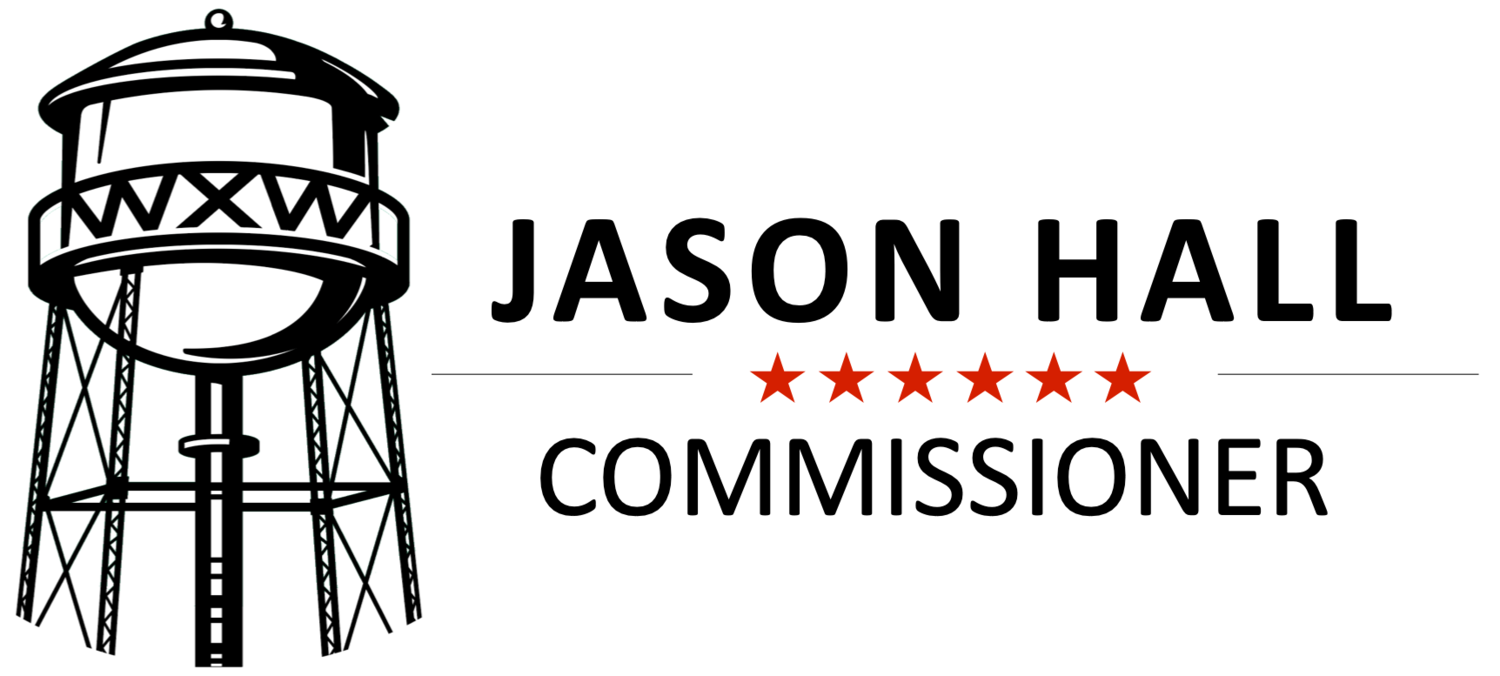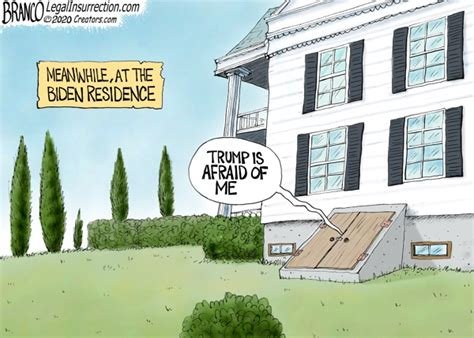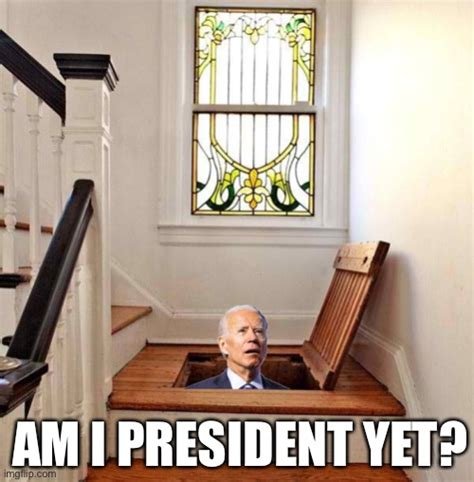Hiding from Public Debates
The fear of public debate in political candidates can stem from concerns about the potential for unanticipated questions, exposure of gaps in knowledge or policies, concerns about public image, or fear of confronting vocal opposition. Simply put, avoiding public debates is a protective strategy to maintain a crafted narrative and avoid potential scrutiny.
Growth in Waxhaw and other similar small towns present a myriad of intricate challenges such as housing, taxes, schools and infrastructure that require careful consideration and open dialogue. When political figures and candidates opt for oversimplified narratives and avoid public discussions on these matters, it not only undermines the democratic process but also poses a series of problems for the community and its development.
Here are some thoughtful points that go deeper into the complications that can happen from oversimplifying issues. These points also emphasize the importance of transparency, collaboration, and informed decision-making in addressing the complexities of growth in our town.
Lack of Transparency: Avoiding public discussions leads to a lack of transparency. Citizens have the right to understand the challenges and potential solutions, especially if they will be directly impacted.
Missed Opportunities: Public forums often provide opportunities to gather insights, suggestions, and feedback from the community. By not engaging in these discussions, valuable input might be missed.
Potential for Misinformation: This is a big one and it’s where I spend a lot of my time helping citizens understand the truth and the laws that govern Waxhaw. Oversimplifying complex issues will lead to misunderstandings or misconceptions. This also results in the spread of misinformation, making it harder for the community to make informed decisions.
Decreased Trust: Lack of open dialogue can erode public trust. Citizens might start to believe that the politician or candidate is not confident in their solutions.
Stifling Collaborative Efforts: Addressing growth challenges in Waxhaw often requires collaboration among various stakeholders, including local businesses, community groups, and residents. Avoiding public discussions can hinder these collaborative efforts.
Reduction in Accountability: Public discussions can hold politicians and candidates accountable for their stances, decisions, and promises. Without these forums, accountability may be reduced.
Missed Chance for Education: Discussing the intricacies of challenges can be educational for the community. By oversimplifying, the politician or candidate misses the chance to inform and educate the public about the complexities at hand.
Potential Polarization: By not providing a clear, nuanced stance and avoiding public discussion, it can lead to polarization within the community. Different segments of our community might form opinions on speculations, rumors, or limited information.
In democratic settings, open dialogue, transparency, and public participation are essential for effective governance. By avoiding these practices, a politician or candidate can hinder the growth and development of the community in a holistic manner.
#BridgesNotWalls



